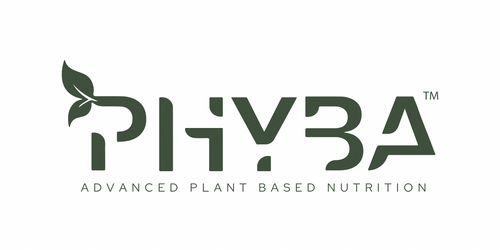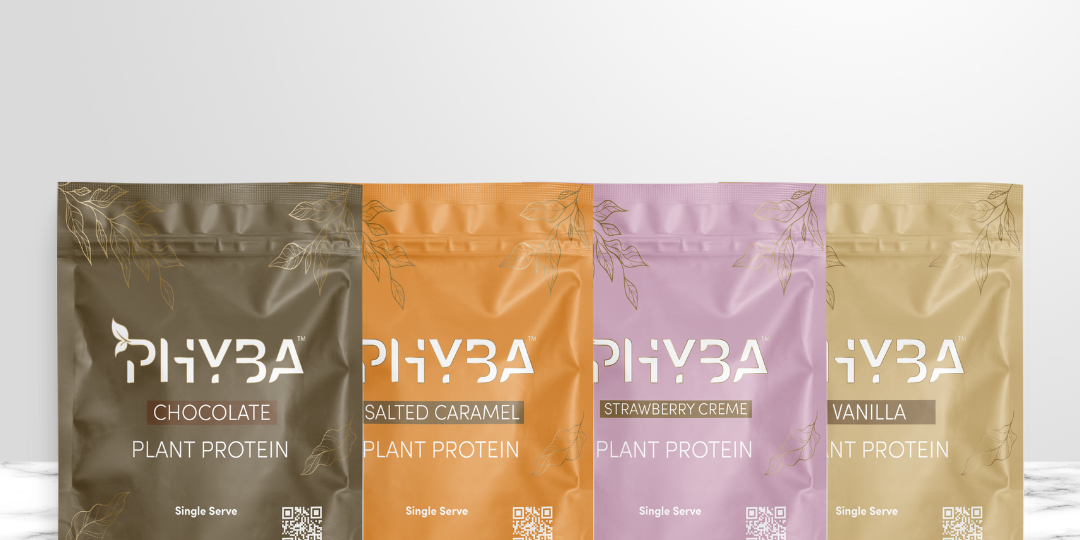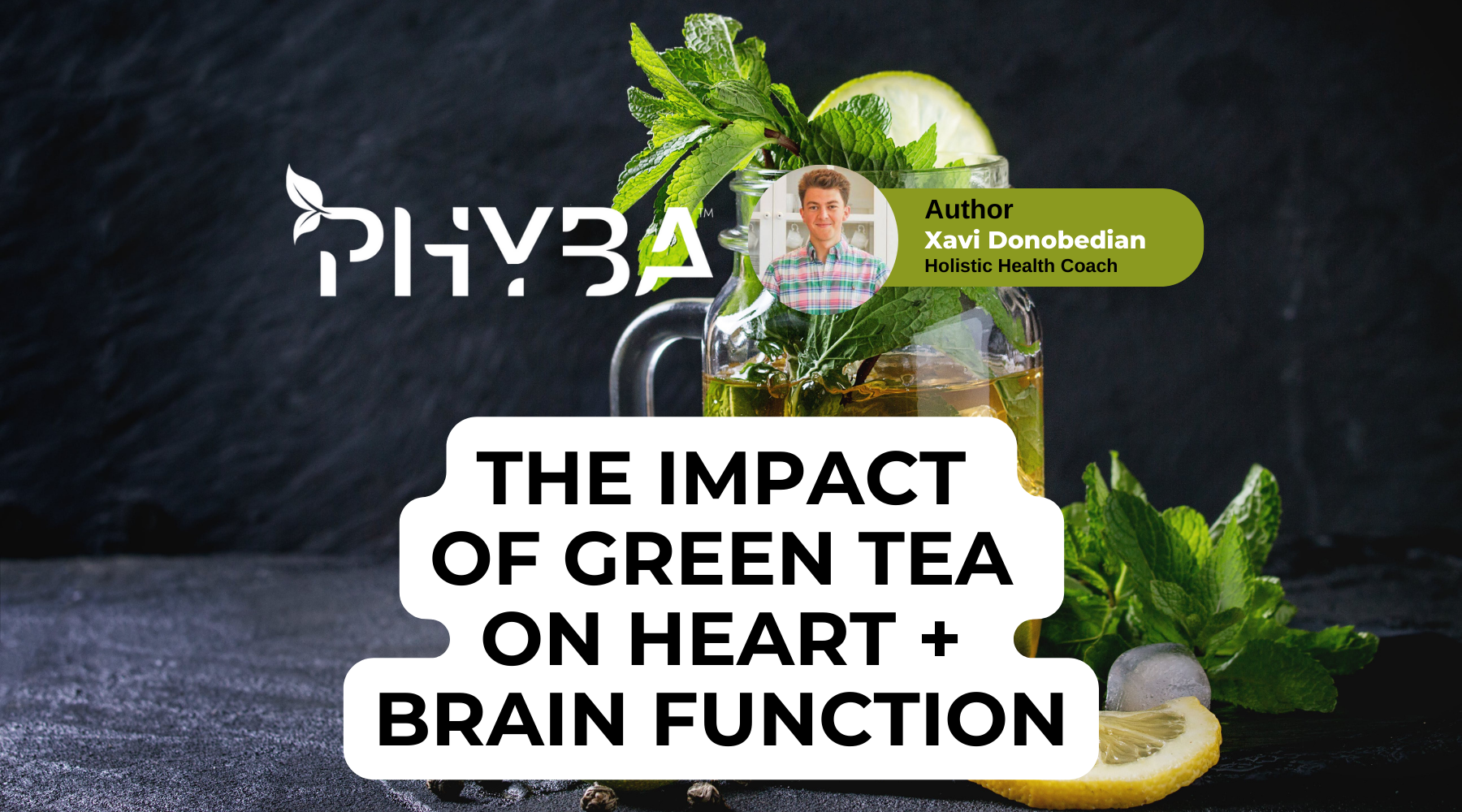
Green tea is grown in numerous regions of the world, including Japan, India, Sri Lanka, Bangladesh, Taiwan, and China, whose Yunnan province is referred to as the original home of the tea plant. Green tea is brewed from the leaves of the Camellia Sinensis plant, which unlike the black or oolong tea that also come from this plant, are quickly heated to prevent oxidation. The rapid heating process helps to ensure that green tea leaves retain their fresh picked flavor and nutrient density.

Green tea leaves contain numerous protective compounds, such as methylxanthines, flavanoids catechins, polyphenols, and trace elements. Green tea leaves also contain high amounts of antioxidants, as much as 30% of their dry weight, second only to hibiscus tea flowers. These compounds function to protect specific systems in the body, such as the brain and heart.
EGCG, or epigallocatechin-3-gallate, one of the numerous polyphenols found in green tea, confers neuroprotective effects through its ability to invoke a range of cellular mechanisms designed to mitigate age-associated oxidative damage in neuronal cells. Increased activity levels of enzymic antioxidants like SOD and catalase form the mechanistic underpinning of the neuroprotective effects of EGCG. Complementary to those mechanical considerations is a strong body of evidence that suggests that the consumption of green tea has been linked to increased protection against neurodegenerative diseases, such as Alzheimer’s disease, dementia and Parkinson’s disease.
Green tea leaves also contain high levels of L-Theanine, which confers beautiful benefits to mood and stress regulation. L-Theanine helps to buffer the stimulatory effects of caffeine found in green tea, improving perceived stress levels in patient cohorts. L-Theanine has been shown to block glutamic acid to glutamate receptors in your brain, and in doing so can increase alpha brain wave activity, boost cognitive ability, and provide a calming effect.

Catechins found in green tea exert positive influence on cardiovascular health, as well. Catechins, one of the most powerful of which happens to be EGCG, have been shown to exhibit anti-atherosclerosis, anti-cardiac hypertrophy, anti-myocardial infarction, anti-diabetes, anti-inflammatory and antioxidant properties… through its specific inhibition of LDL cholesterol activity, NF-KB signaling, and Myeloperoxidase (MPO) activity.
With all of the robust benefits of green tea considered, the next natural question one might ask is…
“How do I reap the benefits of green tea on a daily basis”?
While drinking green tea is the obvious answer, not all green tea is created equal. Sourcing organically grown, heavy-metal tested, green tea is an excellent first step in reaping its benefits - and learning to brew it according to traditional tea-making principles can help you maximize flavor and potency.
With that said, drinking numerous cups of green tea everyday can be a bit challenging, unless you are truly dedicated to the practice. Phyba has taken the benefits of green tea to the next level by incorporating it into our new premier product, Super Browns™, alongside incredible ingredients like rosehip, noni, and maca root. To learn more about the product, click here.
-------------------------------------------------------
CITATIONS:
² https://draxe.com/nutrition/benefits-of-green-tea/
⁴ https://pubmed.ncbi.nlm.nih.gov/18207349/
⁶ https://bengreenfieldlife.com/article/brain-articles/how-to-increase-your-brain-power/












